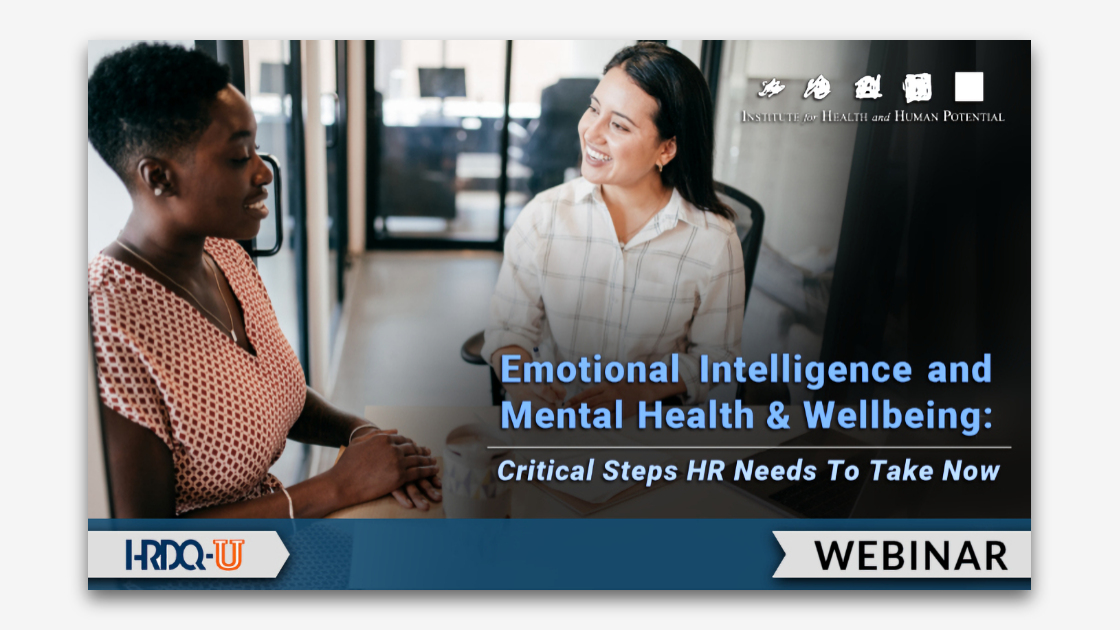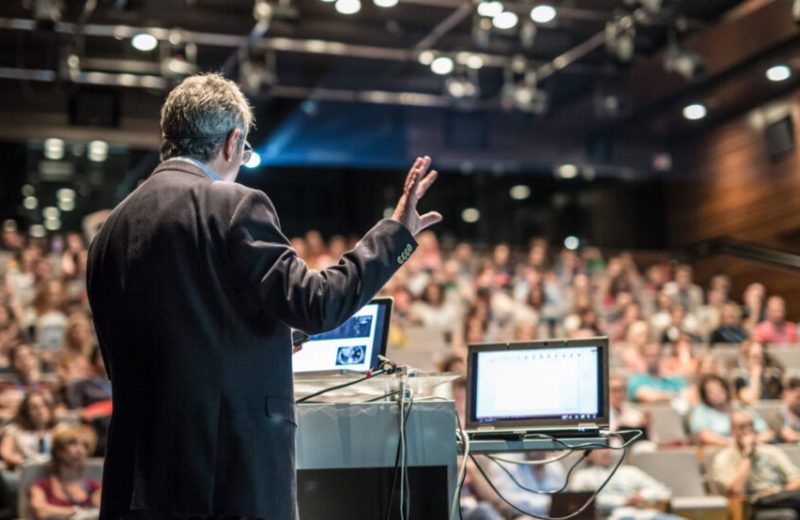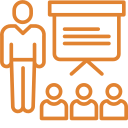In the past several years though, research conducted by McKinsey, The World Economic Forum, and LinkedIn Learning have all concluded that a focus on human skills, Emotional Intelligence (EI) specifically, is the difference-maker upon which individuals can build successful careers and that organizations need to leverage to move from “survive” mode to “thrive” mode.
In the throes of the 2020-2021 pandemic and in the wake of the “Great Resignation,” organizations are realizing to an even greater degree that the role of HR is more than attracting top talent and paying them well. It is also to develop that talent through learning and professional development opportunities and to foster creativity and innovation for the common good, toward a higher purpose. The focus on physical and mental wellbeing, inclusion and belonging, and moral concerns about the organization’s overall societal impact have also fallen under the purview of HR.
It has become evident that a core human element has been lost in the quest to integrate technology into our daily ways of working.
Focus on People, Not Process
Given the concrete roots of traditional Human Resources practices, these new people-centric vs. process-focused expectations feel somewhat foreign for many HR and Talent professionals. We have often heard from our HR associates and peers that despite their desire to prioritize the employee experience, their roles have remained more reactive vs. proactive. No matter how strategic they are or how hard they work, they just can’t seem to get “in front of it” or “ahead of things.” Considering the current and amplified role of HR as an organization’s central people function, this is where Emotional Intelligence comes into play.
During these times of disruption, uncertainty, and the constant flow of change, HR professionals need to move from a focus on processes and metrics to a focus on people. We are expecting HR professionals to work faster, manage heavier workloads, adapt to new social and health factors, and navigate future uncertainties as they have moved from supporting in-office employees to remote to hybrid.
Because they are often associated with some of the most emotionally-laden experiences in the life of an employee, HR professionals are more likely to create better outcomes by creating a people-focused model based on personalized, individual attention. In the case of the pandemic, there were layoffs, furloughs, and salary reductions in some instances. Starting with the premise that employees are emotional beings with psychological needs and personal motivations, creating empathy and connection to help virtual/remote interactions feel more personal and more human has been key to an organization’s success over these past several months.
Building Organizational Resilience with Emotional Intelligence
Building organizational resilience starts with HR. To meet the challenges of the times, each member of the HR department needs to build their own quotient of resilience by recognizing the stress they are under and fortifying their own physical wellbeing and mental health. The foundation of building a resilience muscle is Emotional Intelligence, starting with a level of self-awareness of one’s own strengths, triggers, and emotional management needs.
The first step for HR departments is to foster meaningful connections as an HR team and then translate those skills into the organization through deeper connections with leaders and their team members. Human Resources professionals can be the cheerleaders and flag bearers of emotional competence in their organizations. They can leverage their EI skills to facilitate the building of great cultures that support the fundamentals of leadership development that retain top talent and achieve the organization’s goals.
In our webinar, we will discuss best practices in EI specifically for HR and Talent Professionals and how to leverage these skills for your own mental health and wellbeing. We will also be talking about the importance of building organizational EI competence as the foundation and building blocks of strengthening your organization’s culture.

















